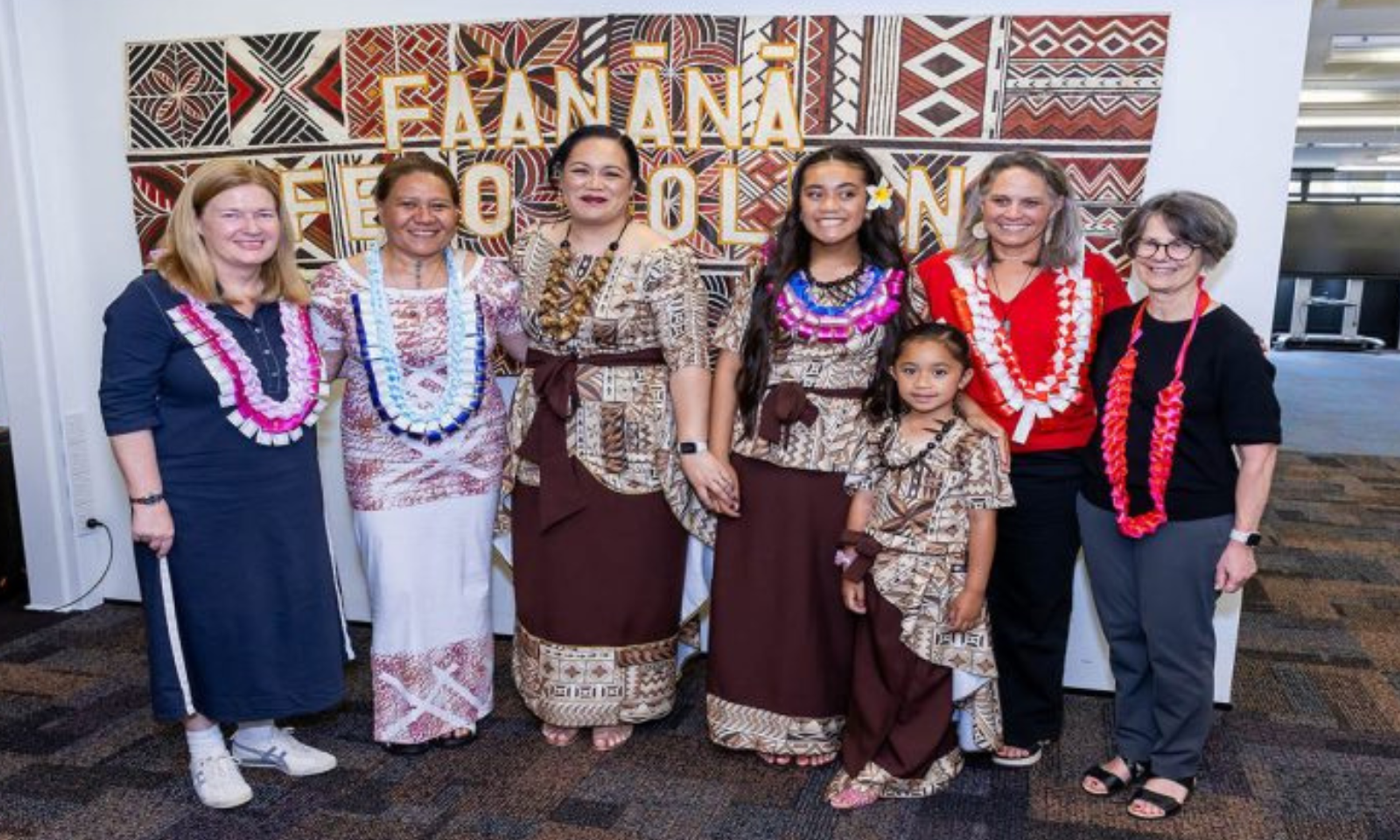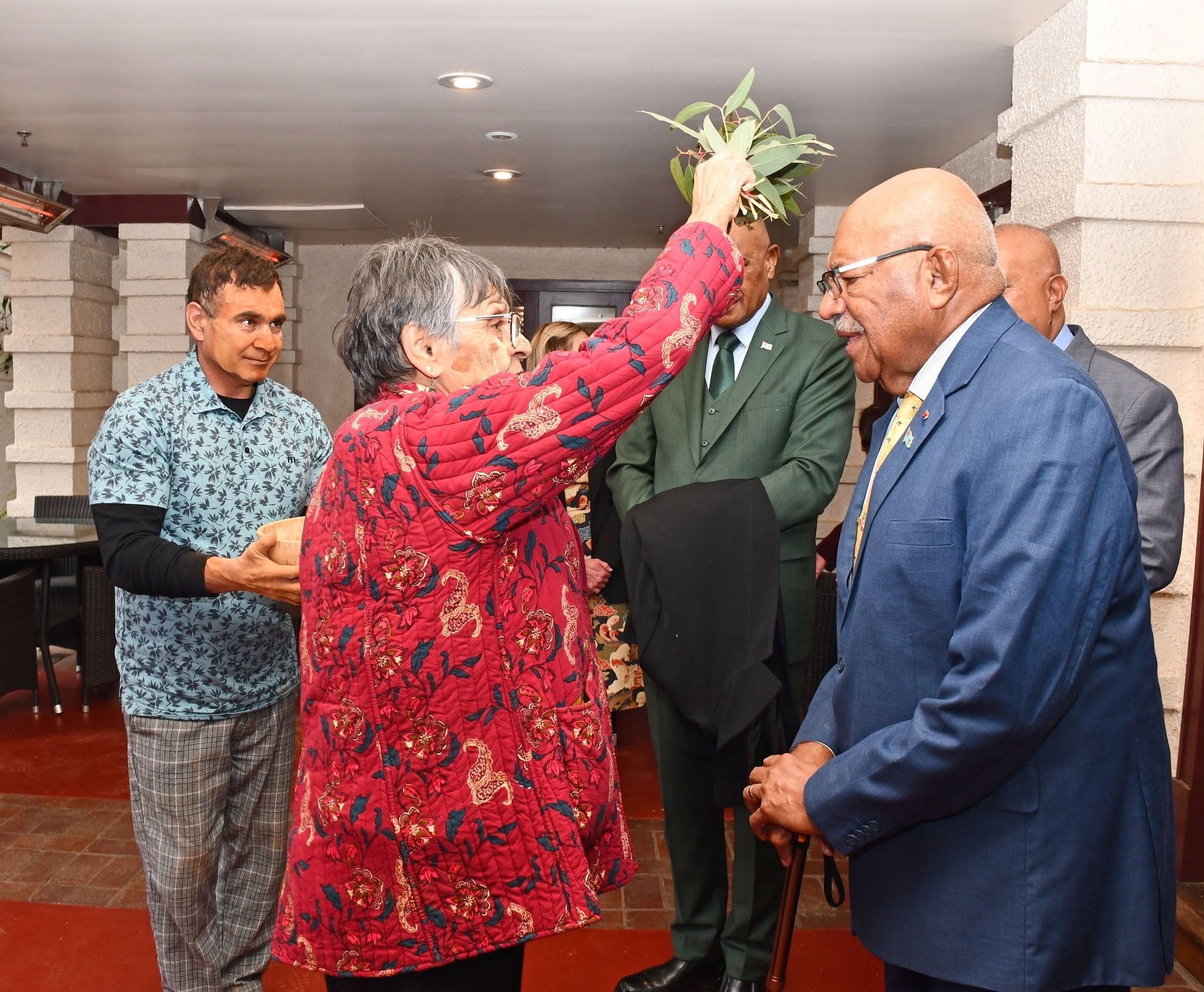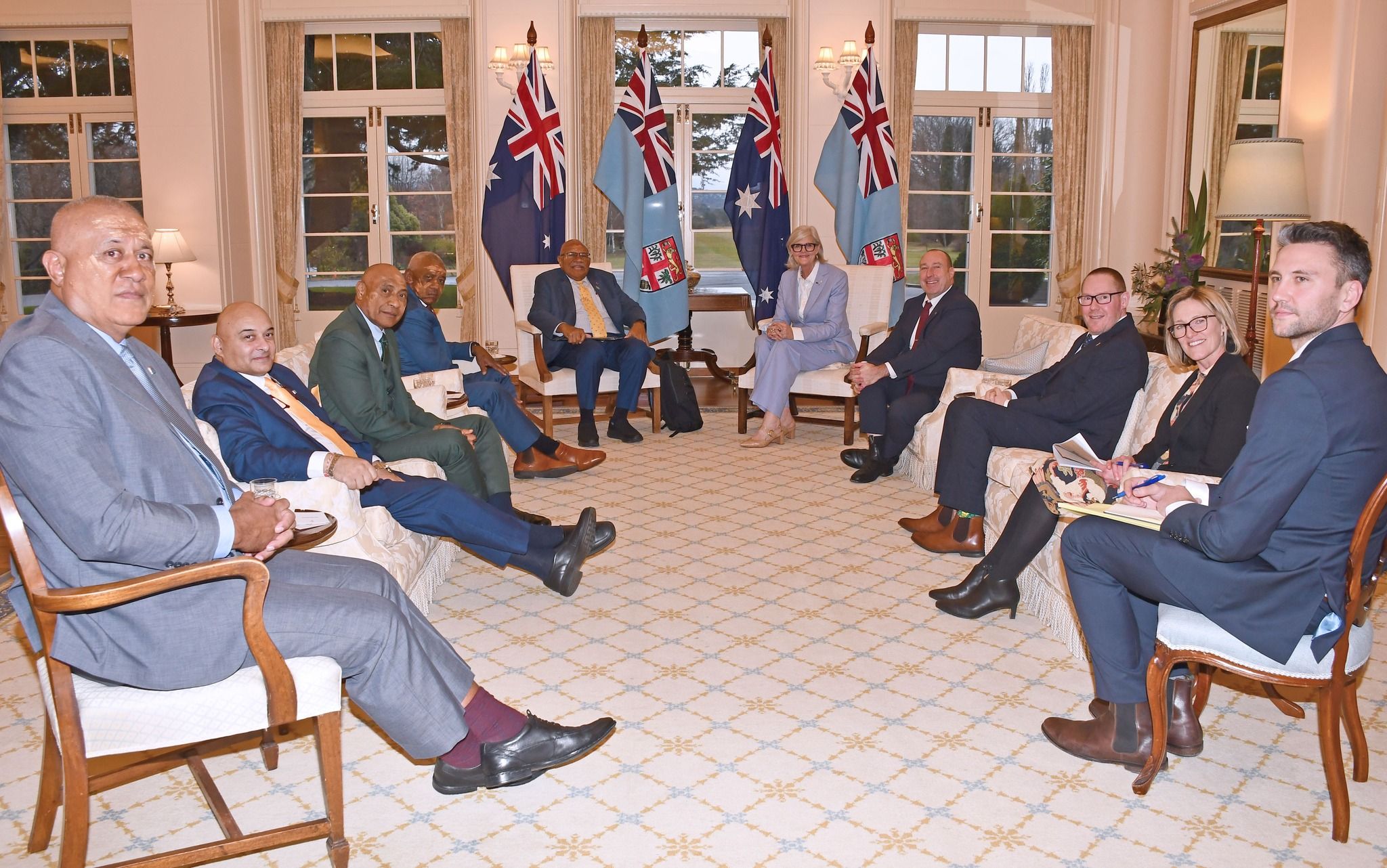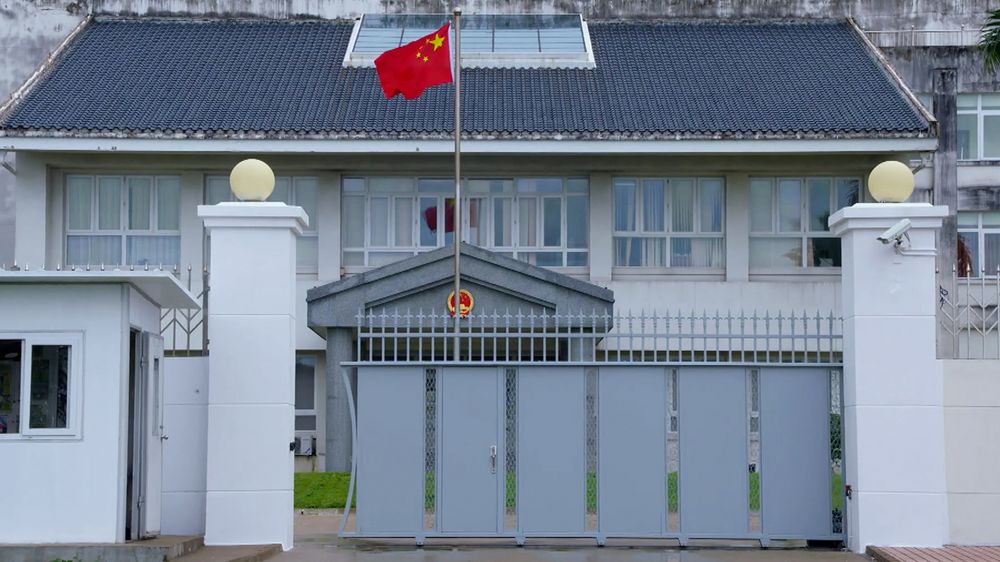

Prime Ministers Sitiveni Rabuka and Anthony Albanese gift each other jerseys ahead of the Flying Fijians-Wallabies rugby union test match in Newcastle on Saunday.
Photo/Office of the Prime Minister of Fiji
Fiji's Prime Minister calls for treaty-level pact with Australia amid China concerns
Sitiveni Rabuka proposes Fijians to serve in the Australian Defence Force, outlining his vision for a united Pacific against the superpower rivalries.


Jai Opetaia drops German in brutal KO, keeps titles and calls for unification fights


Law expert: US boat strike controversy a lesson for the Pacific


Jai Opetaia drops German in brutal KO, keeps titles and calls for unification fights


Law expert: US boat strike controversy a lesson for the Pacific
Sitiveni Rabuka says he's interested in elevating Fiji's relationship with Australia to a treaty-level partnership, suggesting Fijians could serve in the Australian Defence Force (ADF).
Addressing the National Press Club in Canberra this week, the Fijian Prime Minister called for a treaty to secure ties beyond political changes in both countries.
Rabuka also discussed regional challenges posed by China's growing influence and reiterated Fiji's opposition to any Chinese military bases in the Pacific.
He called for a united Pacific approach to maintain peace and stability, citing his government's 10-point Ocean of Peace plan.
Rabuka's visit to Australia included engagements with officials while advocating for regional cooperation to counter superpower rivalries.
“Unfortunately, the region’s outlook is more uncertain than at any time since Fiji’s independence in 1970. Perhaps, we have reached a point in our Fiji-Australia relationship where a renewed and elevated Vuvale partnership needs a further step-up to an agreement for a treaty.”
Rabuka's call to strengthen ties between the two nations is expected to be welcomed by the Australian diplomats and military leaders. The 76-year-old says the treaty will include development support, ensuring stable relations despite any political changes in either country.
Canberra is working on a defence treaty with Papua New Guinea that would allow its citizens to join the ADF. PNG and Fiji are the two biggest Pacific island nations due to their populations and economies.
Rabuka says he is open to Fijians joining an expanded Australian defence force, similar to how they have served in the British Army in the past. “I would like to see it happen. Whether Australia does it or not depends on your own policies; we will not push it.”

A traditional "Welcome to Country" ceremony is being accorded to Fiji's Prime Minister Sitiveni Rabuka in Canberra on Wednesday. Photo/Fiji government
During his week-long tour of Australia, Rabuka met with Governor-General Sam Mostyn on Tuesday. He is also planning to attend a rugby union Test match between the Wallabies and the Flying Fijians in Newcastle with his Australian counterpart, Anthony Albanese.
In his televised address in Canberra, Rabuka outlined his vision for foreign relations, which he called the 'Ocean of Peace'.
Blake Johnson, an expert at the Australian Strategic Policy Institute, says Rabuka aims to unite Pacific nations to address regional challenges together.
Rabuka hopes to get support for his 10-point peace plan at the upcoming Pacific Islands Forum leaders’ summit in the Solomon Islands in September.
“Right now, we are having to cope with a China that is big - really big - and has gotten powerful and would probably like to spread its influence to the Pacific,” he says. “Pacific leaders in all the recent discussions have tried to go for policies that are friendly to all and enemies to none.
“It is a fairly tough course to steer, but it is possible. We need to hold hands, we need to encourage each other to be able to maintain that view and that path. We do not want those superpower rivalries or big power rivalries playing out in the Pacific,” Rabuka says.
China military bases not welcome in Pacific: Rabuka
Rabuka has made it clear that Fiji opposes the establishment of a Chinese army base in the Pacific, saying China does not need such a base to project power, as shown by their recent missile tests.
He says the Pacific is a point of competition between the United States and China for security partnerships. He believes that the Pacific should not be a battleground for superpowers, saying there is a need for regional unity.
Rabuka says any conflict over the Taiwan Strait could impact the Pacific. While Fiji is working with China on infrastructure development, he says this cooperation will not affect Fiji's relationships with Australia, New Zealand, or the United States.
He is advocating for an “Ocean of Peace” treaty to ensure respect for the region’s unity and to reject coercion by outside powers.

Fijian and Australian officials with Sitiveni Rabuka and Governor-General Sam Mostyn at Goverment House in Canberra. Photo/Fiji government
In response to reports about Rabuka's address at the National Press Club of Australia, the Chinese Embassy in Fiji says the claims about "China setting up a military base in the Pacific" are false narratives.
In a statement, the embassy says these claims are "baseless and driven by ulterior motives".
It states that China's involvement in the region focuses on infrastructure development to improve livelihoods, rather than a military presence.
The embassy affirms China's commitment to non-proliferation and support for Pacific Island Countries in international matters.

The Chinese Embassy in Suva. Photo/Supplied
They highlight the significance of their partnership with Fiji and promote a vision of the Pacific as an "Ocean of Peace."
China urges parties to avoid viewing its relations with Pacific nations through a geopolitical lens and calls for cooperation that benefits the development and well-being of all parties involved.
Leaders from 18 Pacific Island nations will consider Rabuka's proposed treaty at their summit in September in the Solomon Islands.